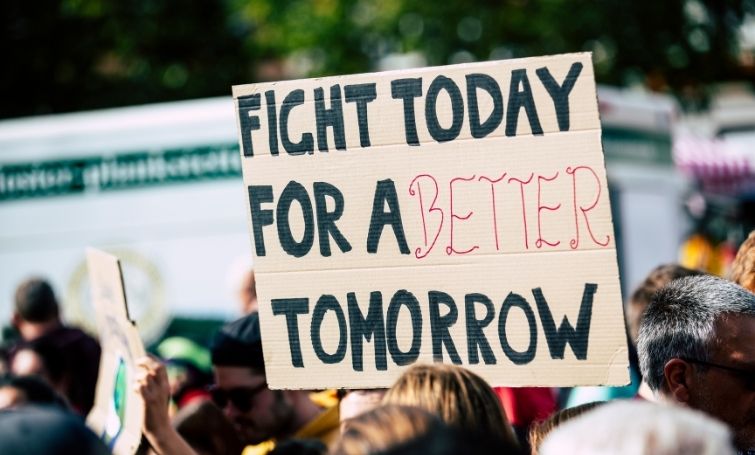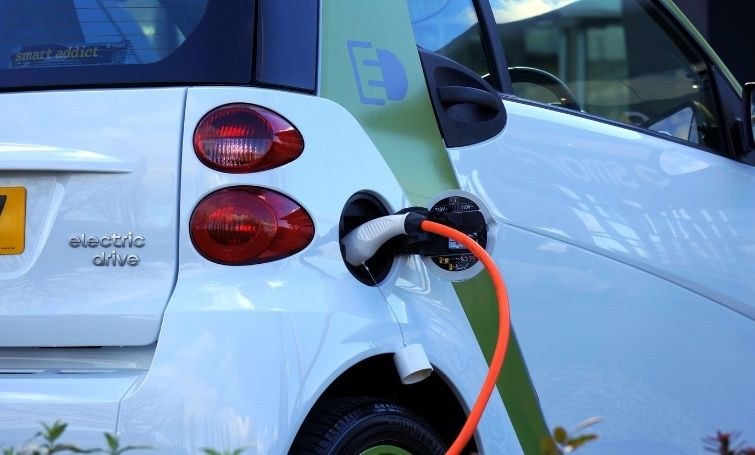Climate change has had a significant impact on consumer behaviour recently. With COP26 raising the profile of climate change and alerting the public to the threat the planet faces, there has been a concerted effort to limit our impact. Indeed, around 69 percent of consumers worldwide have changed the products and services they use due to concern about climate change. Below, we explore the impact of climate change on consumer behaviour.
Food
Food is one of the main industries where consumers are altering their habits. And for good reason: the air miles associated with food production contribute significantly to climate change. As such, consumers are now looking to eat locally sourced, sustainable options. Indeed, when the International Food Information Council asked consumers about a scenario in which a favourite product was less sustainable than an alternative with the same taste, 35 per cent said they would buy the more environmentally friendly option. Ultimately, consumers are steadily opting for more sustainable food and drink options.

Auto and travelling
The automotive industry is one of the largest contributors to climate change. Indeed, research has shown that the growth in SUV use was the second biggest cause of rising emissions globally between 2010 and 2018, behind just electricity and heat production. As a result, consumers are now looking to invest in affordable eco-friendly cars. By using a reliable used car dealer, you can get your next vehicle without impacting climate change. With motorists investing in eco-friendly cars, new combustion engine cars are becoming less popular. Instead, there is now an emphasis on used vehicles with strong fuel efficiency as well as electric vehicles.

Energy consumption
Energy consumption is another key area where consumer habits have changed. The way we heat and power our homes has a dramatic impact on the environment. As a result, many consumers are now becoming more mindful about their energy consumption. This can take the form of having shorter showers or turning the light off when a room isn’t in use. But consumers have taken this a step further. Some people are adding solar lights to their homes in order to have a source of renewable energy. On top of this, several households are switching to smart metres. These devices allow you to control your energy consumption more efficiently: you can switch off your heating from your phone after you’ve left the house, plus you can monitor your energy usage to cut your bills.
Climate change has a dramatic effect on consumer behaviour across multiple industries. From energy to travel and food, the public is working hard to cut their carbon consumption and help the planet.



























